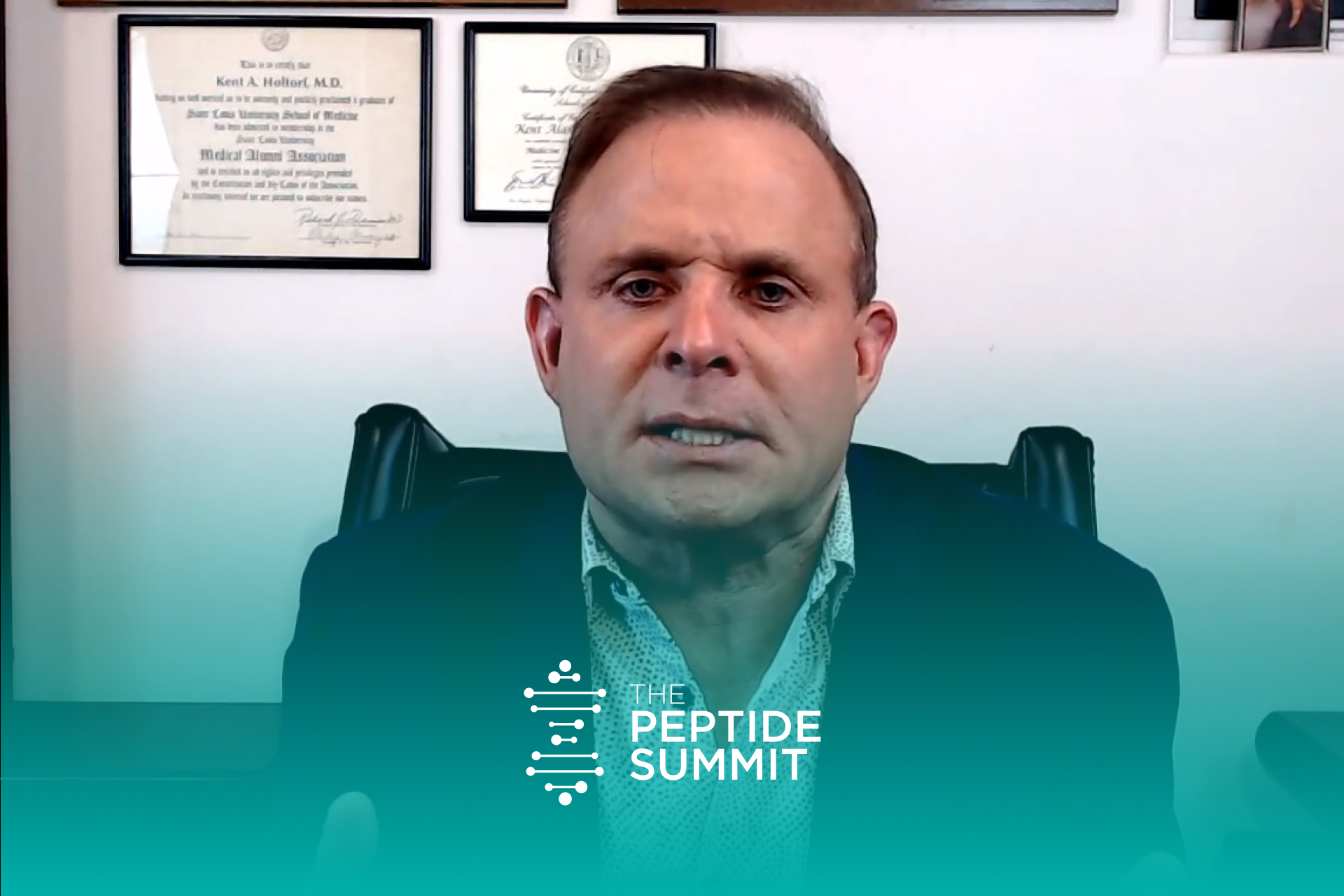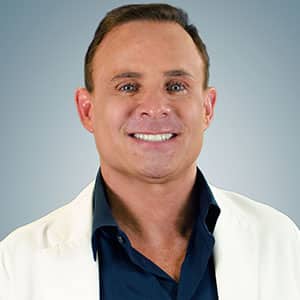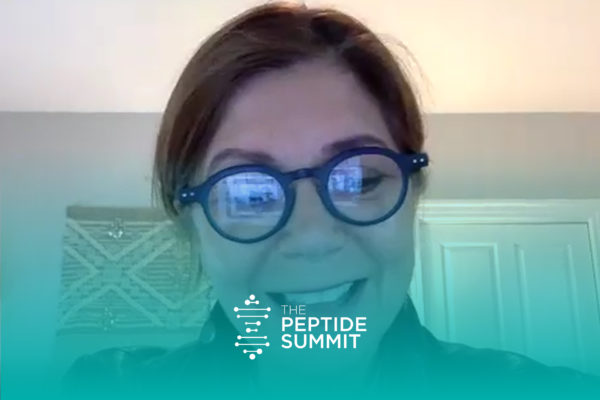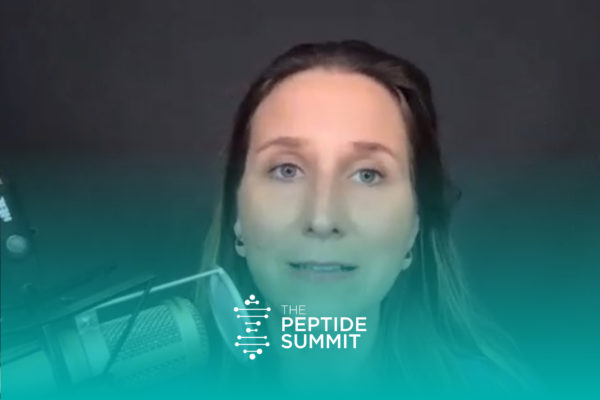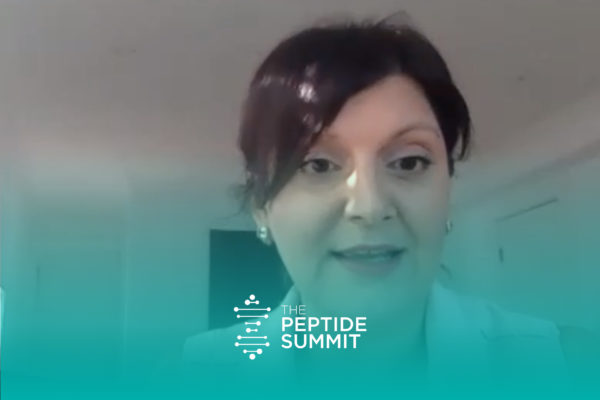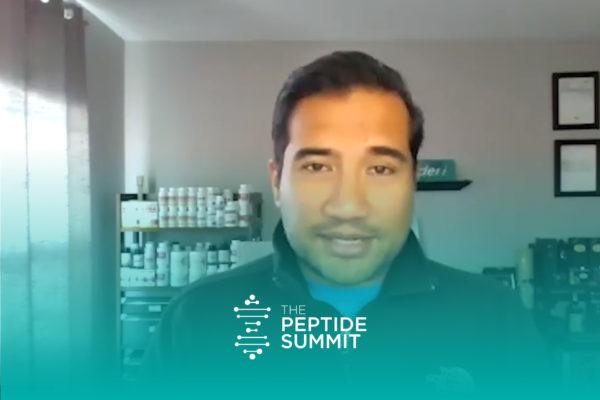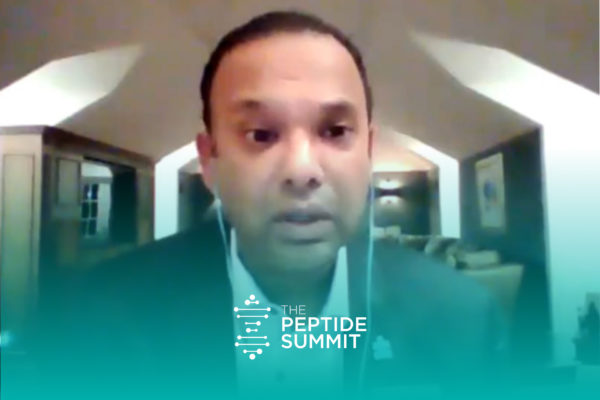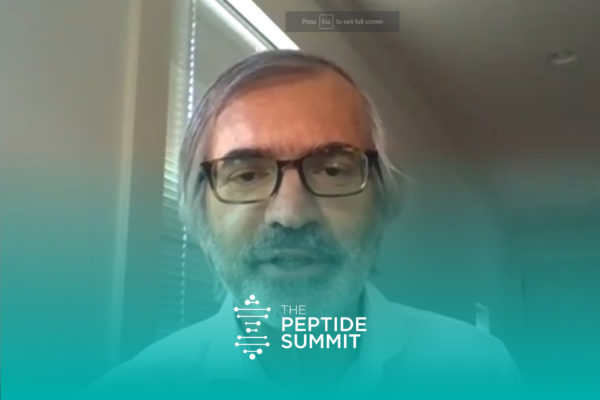So what is the problem now? It’s multifactorial medical schools, residencies, hospitals, and most so-called mainstream doctors essentially follow societal guidelines, whether it be the, you know endocrine society or the you know, American Academy of Obstetrical Physicians or whatever, that’s what they feel is evidence-based because that must be the best evidence. But if you, however, look at the levels of evidence, okay, how strong evidence is listed by numerous organization, including the WHO, world health organization, institutes of medicine. There are levels of the strength and reliability of evidence. So the best level of evidence is looking at a well done med analysis, which looks at multiple well done, randomized control trials. They take all that data for multiple well-done studies that are randomized double-blinded and put that data together and then come to a conclusion based on that.
So that’s considered the best level of evidence next. You have, you know, a single study, that’s a randomized, double blind placebo controlled. Then you have well-designed controlled trials then below that is case control or really observational where you’re not doing any intervention, like at the outcome, you’re observing two groups. Then you have case studies or otherwise known as well. It’s anecdotal this patient. This happened to this patient, which actually ended up oftentimes being better than some of these trials, because they’re often manipulated and they do little things to just make sure that the trial passes or doesn’t pass. But the point here is that the lowest level of evidence, that’s a consensus among all these groups is opinions of expert committees and societal guidelines.
Unfortunately this is the basis of most therapies used by most all hospitals, residency programs and mainstream doctors, even though they’re considered the worst level of evidence and the doctors feel that I’m practicing evidence-based medicine, when actually they aren’t there, it’s better to hear about someone got better with this herb or some drug that they read on the internet, than societal guidelines. Well, how the heck could that be? Well, you know, studies published in American medical association, JAMA, and others show that medical societies, what they consider indisputable dogma can’t question. It is supported by strong evidence, only 10 to 25% of the time. And it’s not revised as new evidence is published and they’re often 20 years behind. And they don’t change and it becomes very political as well.
Also the British medical journal. So well-known international journal in the institutes of medicine demonstrated that the majority of drugs are approved by the FDA are based on they’re based on committees and advisors that their consensus opinion actually they have a serious financial conflict of interest 40 to 70% of the time. So 40 to 70% of the people looking to see if this drug is approved or not have a financial interest in that drug and published reviews show that most doctors are practicing 10 to 20 years behind what’s available in the medical literature. They continue to practice what they’ve learned in medical school and that it also takes on average, a proven, a proven new concept or therapy 17 years in 17 years on average, to get adopted into mainstream medicine unless it’s a new drug where they have a Salesforce go into the doctors and say, Hey, do our drug here’s the studies.
The problem is standard. Doctors are stuck in a system that no longer allows them to do go home and read these, these studies and implement those newly acquired therapies. Based on the newly acquired knowledge, hospitals only allow strict, strict set of treatment algorithms that include, you know, the drugs on their formulary. And so it doesn’t help a doctor to be a good doctor and learn all these new things they must do. What’s considered the standard of care, which is often 20 years behind and societal guidelines again, which is the worst level of evidence. Although they think they’re, evidence-based also insurance companies will only reimburse based on the same criteria. Yeah. Is it the standard? Again, unless it’s a new drug that show, okay, the patient needs this doctors feel they are practicing, you know, medicine based on the most up-to-date recommendations and evidence are terribly mistaken.
All these entities are not practicing evidence-based medicine because there is no incentive for forward thinking, caring physicians in mainstream system to learn about new therapies because they can’t use them anyways. There’s too many restrictions and for instance, I’m used to it now, but you know, 15, 18 years ago get a patient been sick forever. They love their doctor, great relationship, but they come to us, we get them better. They go back to their doctor. They’re so excited to tell the doctor what they’ve done. Oh my God, I did this. I want to tell them I feel so much better. And you would think if they’re happy, no, they’re not. They basically, they can’t do it. So they basically are upset and they’ll say, well, if I didn’t know, it’s quackery, you know, so they don’t want to know. It’s kind of like a doctor saying, I don’t believe in chronic fatigue syndrome or fibromyalgia or chronic lyme , well, you know, an a blood test, we can pick out those patients 70 to 80% of the time and how sick they are based on their blood work without knowing anything about the patient.
So don’t tell me, this is a fake illness and navigating chronic, underlying immune dysfunction, coagulation of X. So mitochondria is like so many things that are, will tell us actually that free of dysfunction, but, and also Dr.. I’ve had a few doctors call and go, tell me what you did, which is pretty rare. And I’ll tell them, and I go, Oh, I’m like, what’s wrong? And they go, well, that will take 20 minutes. I’m like, yeah, 20 minutes. I don’t have that much time. I’ve got eight minutes. So and they’re just not allowed to do it. So it’s, the doctors are also very frustrated and a really doctor that does read the literature where doctors say they read medical issue. They really don’t. But ones that do get so frustrated and you look at doctors are so they’re getting so burned out. All they’re doing is following algorithms. You know basically filling out paperwork and they’re not doing what a doctor’s supposed to do, be a medical detective.
So I think that’s the difference. And you know, why doctors haven’t heard about peptides usually is that they’re not patented a majority of them. There’s one that actually does it. It’s actually approved as a drug here that we use, but there’s no patents, so no drug companies using them. So they don’t hear about them. There’s no drug rep coming to them and telling them about them. So that’s really why doctors don’t know about peptides and a lot of other ways of doing things, I can also get into how the medical journals are. It’s so hard to get anything published that isn’t medical dogma that goes against that, or goes against using particular drugs, because where do these prestigious journals make their income from the ads from big pharma, from the big pharmaceutical companies, they’re not going to publish something that says, Hey, this treatment’s better than this drug. They just aren’t.
So the system’s broken doctors are stuck in the middle and they’re very frustrated and they feel trapped and they kind of are. But just wanted to mention that because that’s kind of the questions that, that we get from physicians and patients and people ask about peptides. Like, well, my doctor hasn’t heard about them. Well, that’s expected actually. So anyways just wanting to pass on that information in case you’re wondering, and again welcome to the summit and I hope you enjoy it. And I think you’ll, you’ll find some great information here and I’m very confident that you’ll find some things that can really help you be healthier and happier. All right.

